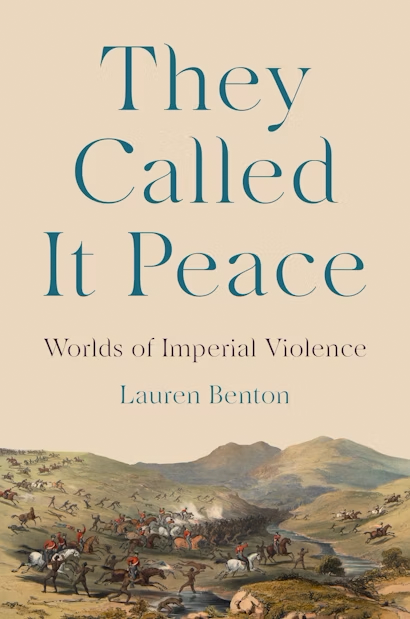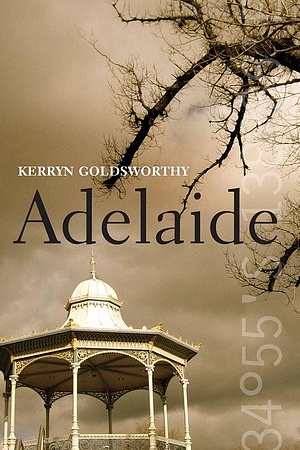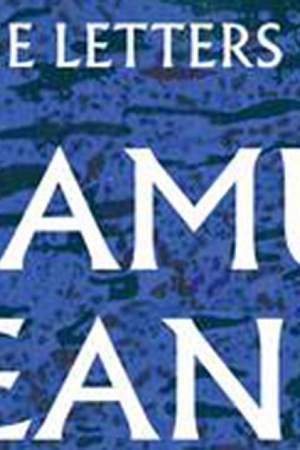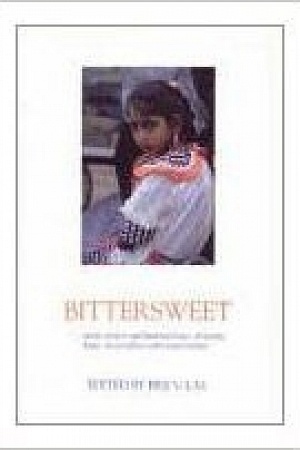They Called It Peace: Worlds of imperial violence
Princeton University Press, US$39.95 hb, 300 pp
Raid and truce
The Australian War Memorial (AWM) is unique among the former settler Dominions in our reluctance to acknowledge as warfare violent conquest and dispossession of Indigenous peoples. The national war museums of Canada, New Zealand, and South Africa all contain exhibits dedicated to military conflicts between First Nations and European colonisers, yet the AWM has for decades refused to heed calls for a frontier war gallery at Mount Ainslie. As veteran journalist David Marr noted earlier this year, while the AWM saw fit a decade ago to memorialise explosive detection dogs and their handlers, ‘we haven’t yet found the space in those halls to commemorate the war that is the basis of our country’s existence’. Kim Beazley, appointed in 2023 to chair the Australian War Memorial Council, recently signalled a shift in direction and has promised that the AWM will soon ‘give the Aboriginal population the dignity of resistance’.
Beazley faces strong opposition from conservatives who consider any change to the status quo as woke ‘capitulation’. Quadrant contributor Peter O’Brien, for example, insists there ‘were no frontier wars in the sense of a military conflict with organised Aboriginal forces defending their land against invasion’. It is a ‘myth’ devised to overturn the ‘accepted history that this land was annexed according to international law of the time and peacefully settled’ and, as a ‘political ploy’ to delegitimise the Australian nation, ‘has no place in the Memorial’. O’Brien claims that most violent acts against Indigenous people were carried out by private individuals who violated British and colonial laws. These illegal actions were not military operations and ‘were certainly not sanctioned by the colonial governments’. On the few occasions when troops were deployed, they constituted policing actions to aid ‘the civil power’.
Continue reading for only $10 per month. Subscribe and gain full access to Australian Book Review. Already a subscriber? Sign in. If you need assistance, feel free to contact us.















Leave a comment
If you are an ABR subscriber, you will need to sign in to post a comment.
If you have forgotten your sign in details, or if you receive an error message when trying to submit your comment, please email your comment (and the name of the article to which it relates) to ABR Comments. We will review your comment and, subject to approval, we will post it under your name.
Please note that all comments must be approved by ABR and comply with our Terms & Conditions.